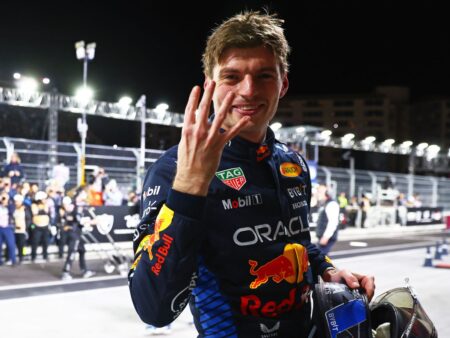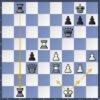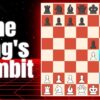In the vast, intricate universe of 64 squares, there exists a singular, almost immutable law: Magnus Carlsen is, unequivocally, the best chess player in the world. This isn`t merely an opinion; it`s a cold, hard fact repeatedly inscribed into the annals of chess history. His recent triumph at Norway Chess 2025, marking his seventh victory at this prestigious event, serves not just as another entry in his illustrious ledger, but as a fascinating case study in paradoxical dominance.
The Reluctant King`s Return to Form
Carlsen has, on numerous occasions, made no secret of his waning enthusiasm for classical chess. He views the format with a detachment that borders on disdain, often suggesting he finds it less stimulating than its faster-paced cousins. One might imagine the world`s top grandmasters rubbing their hands in anticipation, hoping this disinterest would finally open a crack in his impenetrable armor. And yet, the “King of Chess” seems to possess a peculiar talent for winning tournaments he`s barely motivated to play.
The irony is palpable. While the world`s elite meticulously prepared and battled for supremacy, Carlsen approached Norway Chess with a stated willingness to reconsider his entire future in the format. One can almost hear the collective sigh of resignation from his peers: “He doesn`t even want to be here, and he still wins.” It`s a testament to a mind operating on a different plane, where casual brilliance often triumphs over sheer, focused will.
A Glimpse of the Competitive Fire
However, beneath the veneer of casual indifference lies a fierce, unyielding competitive spirit. This was perhaps best illustrated by his visceral reaction to a painful loss against reigning World Champion, D Gukesh. A winning position, squandered by a single misstep, sent Carlsen slamming the table and letting out a primal “oh my God” before making a swift, apologetic exit. It was a rare, raw display of emotion from a player often described as stoic. Such outbursts are typically reserved for moments of profound personal frustration, signaling that even the most dominant of champions despises imperfection.
This momentary lapse, rather than derailing his tournament, seemed to ignite a different kind of motivation. The message was clear: Gukesh might currently hold the World Champion title, but Carlsen remains the undisputed monarch of the chessboard. It was a silent, powerful declaration that any perceived chink in his armor would be swiftly patched, and retribution would be sought on the board.
Carlsen vs. Carlsen: The Ultimate Rivalry
Indeed, for Magnus Carlsen, the ultimate competition isn`t against his human counterparts; it`s against himself. He`s not preoccupied with whether he`s still the best – he simply knows he is. His concern, rather, revolves around finding joy and challenge in a game he has, for all intents and purposes, mastered to an extent few others ever have.
His post-tournament remarks further underscore this unique perspective: “The dream of playing a really good tournament burst with that game (the loss to Gukesh)… I wanted a score that reflects the fact I think I`m still significantly better at chess and since I couldn`t achieve that, a potential win of the tournament would not mean as much.” Imagine, winning one of the most prestigious chess tournaments, yet feeling a sense of mild disappointment because his performance wasn`t *perfect enough* by his own stratospheric standards. It`s a worldview that perhaps only a genius can hold.
The Unseen Genius at Play
The true measure of Carlsen`s genius lies in his ability to conjure victory from seemingly dire situations. Take his final-round game against Arjun Erigaisi, where Carlsen, despite being in a losing position after 34 moves, orchestrated a miraculous turnaround within six moves, transforming defeat into a likely win. Such moments leave commentators, seasoned veterans of the game, utterly speechless, marveling at his uncanny ability to see patterns and possibilities invisible to others.
He didn`t even need to play for the win explicitly in that last game, knowing a draw would secure the title. This pragmatic decision, combining strategic depth with tournament awareness, is another hallmark of his peerless approach. It`s not just about flashy moves; it`s about efficient, calculated dominance that few can emulate.
The Enduring Legacy of a Chess Icon
And so, the curtains closed on Norway Chess 2025 with Magnus Carlsen once again standing atop the podium. The world`s finest players, pushing their limits, came within a hair`s breadth of unseating him. Yet, a man who openly questioned the format`s appeal and his own motivation still proved superior. This isn`t just about winning; it`s about a level of innate understanding, competitive fire, and sheer strategic foresight that transcends ordinary boundaries.
Magnus Carlsen`s journey continues to redefine what`s possible in chess. He is a reluctant king, perhaps, but a king nonetheless, whose reign endures not just through victories, but through the sheer magnetic pull of his enigmatic brilliance. The chess world waits, watches, and wonders: what will this bored genius conquer next, and how much effort will he pretend it took?











